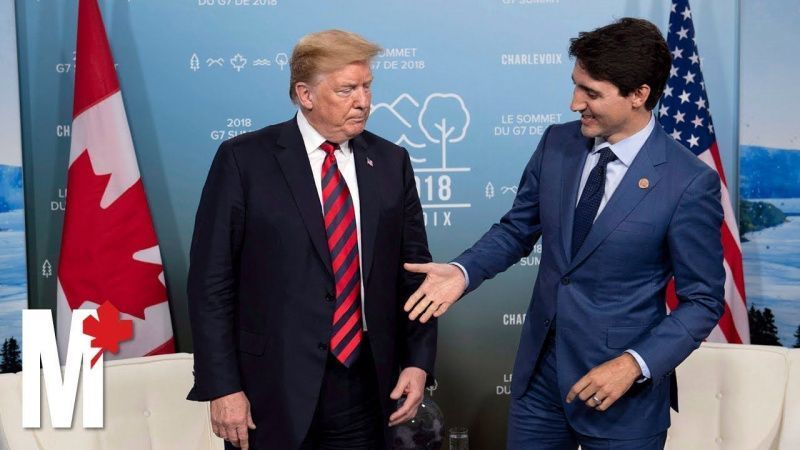Canada Strikes Back: Retaliatory Tariffs on US Goods Amidst Heightened Trade Tensions

The Scope of Canada's Retaliation
Canadian Prime Minister Justin Trudeau, in a firm response to Washington’s latest trade maneuver, announced tariffs covering $3 billion worth of US imports. Finance Minister Dominic LeBlanc provided a detailed breakdown, specifying categories that include alcohol, household appliances, tools, firearms, dairy products, fruits, vegetables, and clothing. These measures reflect Canada’s intent to exert economic pressure on US producers in key sectors while defending its domestic interests.
The tariffs will apply to an estimated $155 billion worth of American exports, underscoring Canada’s determination to counteract what it perceives as an unjustified and disruptive US policy. LeBlanc emphasized that Ottawa remains open to negotiation but will not hesitate to take action to protect its economy from Washington's aggressive trade stance.
A Fractured Trade Landscape
Canada is not alone in its discontent. Mexico and China, both of which have also been targeted by US tariffs, have condemned Washington’s policies and announced their own retaliatory measures. Mexican President Claudia Sheinbaum Pardo has pledged counter-tariffs on American goods while simultaneously rejecting Trump’s accusations of alleged ties between the Mexican government and criminal organizations. She has called for renewed diplomatic engagement on issues of trade, security, and public health, urging the US to adopt a more cooperative approach.
China, for its part, has threatened legal action against Washington, labeling the tariffs as a violation of international trade rules. Beijing’s stance signals a growing risk of legal disputes at the World Trade Organization, potentially exacerbating an already volatile global trade environment.
Economic and Political Fallout
The implications of these tit-for-tat tariffs extend far beyond North America. The dairy industry, among other sectors, faces significant disruptions as retaliatory duties threaten supply chains and market stability. Economists warn that such measures could push up prices for consumers and create further uncertainty for businesses operating across borders.
For Trump, the tariffs represent a key pillar of his protectionist economic strategy. While acknowledging the short-term pain they may inflict, he has defended them as necessary for securing American jobs and reducing trade deficits. His administration insists that these actions will ultimately rebalance economic relations with key trading partners.
However, the response from Canada, Mexico, and China suggests that the US may have underestimated the willingness of its counterparts to push back. The prospect of a protracted trade war looms large, with potential ramifications for economic growth, investment, and geopolitical alliances.
As Canada’s tariffs come into force, the world watches closely. Whether this dispute will lead to meaningful negotiations or further escalation remains to be seen. One thing is certain: the era of frictionless trade between the US and its closest partners is facing its most severe test yet.










